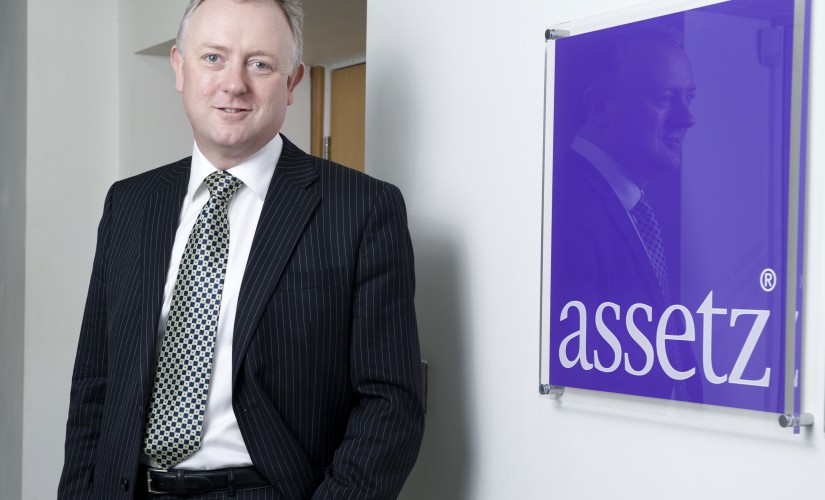Wealth and Finance interview: Part 2

What do you look for in your staff?
When initially hiring our staff we always look for two factors: aptitude and experience. Someone with aptitude for a job role can be interviewed for to some degree and tested for to a greater degree. Nonetheless, deep experience combined with aptitude is always the safest route, and that is our recruitment policy. We have a fantastic team with deep experience but also the flexibility of approach that suits a new entrant in this sector, which helps us to communicate effectively and work well as a team.
Externally, with regard to industry developments and trends, we ensure all of our staff are up to date by attending countless conferences each year, not just on the peer-to-peer industry but on financial services and banking as a whole. As this industry develops it is important to recognise that beyond the hype there is little new on this earth and there is much to learn, rather than reinvent, as we develop this new way of lending. We look for good things to emulate and bad things to avoid that have been encountered in the past by more traditional financial services firms.
Maintaining growth
Our role is to develop our business in a way that introduces more stability to the financial system and - we would hope - influences the direction and opinions of our peers, the regulators and politicians active in the sector.
Keeping ahead of our competitors is a key factor in our highly competitive business, and keeping up to date with the latest developments is just one method we use to achieve this. We have nearly a number of USPs that help us stand out from the traditional banking sector and other alternative lenders, including: our ability to issue decisions in principle for loans within 24 hours, fast offer letters, fast funding in a week or so (provided the security on offer is quick to perfect and does not have title issues), a flexible approach to security with a wider range of types of security acceptable to us than a simpler, solely property-backed lender, not always requiring personal guarantees, face-to-face service with regional relationship directors and over £525 million available to lend to British SMEs today.
Alongside these USPs, we also operate with a firm resolve to work with the regulators to ensure all of our clients receive a truly transparent service, which is another distinguishing factor for Assetz Capital. Although we lend across many sectors, the common thread is tangible and realisable security, often real estate, and a sound and experienced credit team that have experience in each of these sectors.
Employing the best people is always the safest policy to maintaining standards. From the very beginning, we have taken the approach of operating as a regulated firm, even before FCA regulation applied to the sector, and have had a board-level risk and compliance officer from shortly after we founded the company. We are also putting in place a much-lauded but little-implemented corporate governance structure, whereby risk and compliance will report to a non-executive chairman rather than the executive board, something that if implemented at a bank such as HBOS could possibly have prevented the significant problems seen there.
We have also employed relationship directors around the country. In effect they are our sales people, but unlike trends in banking over the last decade or two these are not just sales people but deeply experienced lending professionals, often ex-bank managers from before the systemic banking change. We pay them by results, but significantly biased towards when our lenders get their money back, something that would be wise for the banking industry as a whole to adopt.
What does the future hold for the peer-to-peer lending marketplace?
Moving forward, one of the biggest statistics that sets out the opportunity available to peer-to-peer lenders, and alternative finance businesses in general, is that the thousands of banks in the US only serve around 25% of the finance marketplace, with 75% served by alternative specialist finance firms. We believe that the UK is going through a similar 10 to 20-year systemic shift from 75% of finance coming from a handful of high street banks through to the same 75/25 bias towards alternative finance providers.
Nonetheless, and even though banks are to some degree our competitors, we believe the future is working with banks as much as competing with them, and our contractual relationship with Royal Bank of Scotland to finance referred clients is typical of the beginning of that trend.
- February 2, 2016